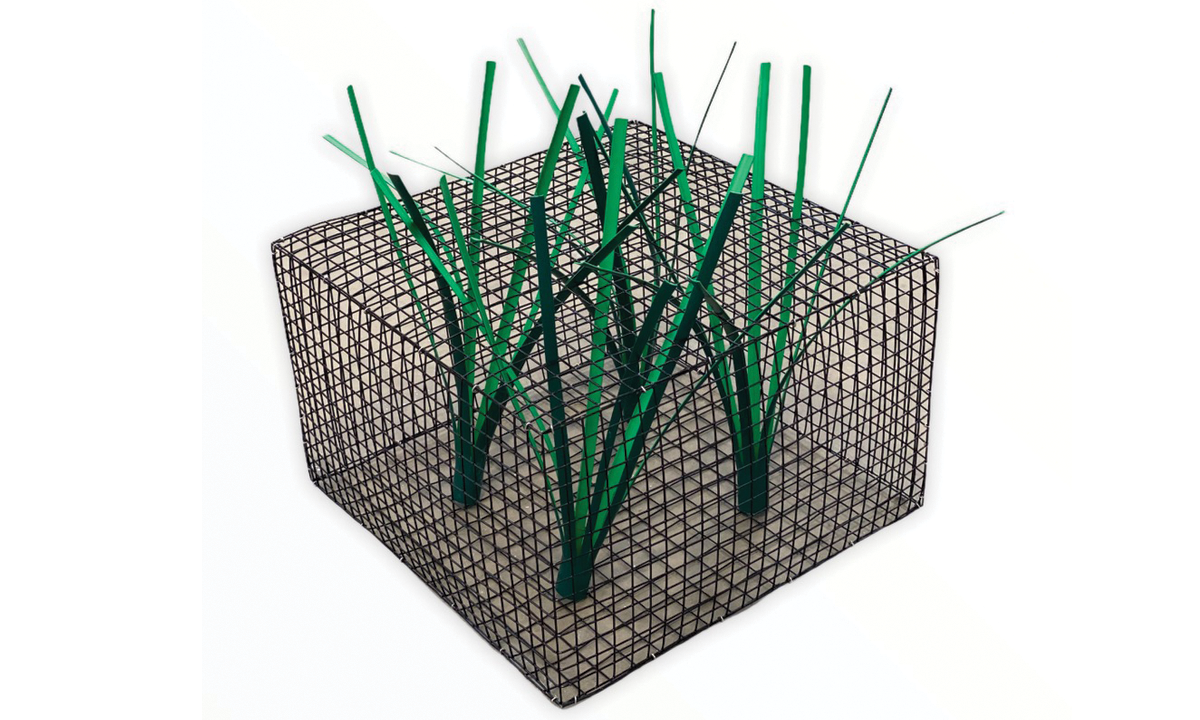Specifications
2 to 3-ft
8 cubic ft.
2'
2'x2'
6 lbs.
32 leaves/4 limbs
Fry
More Details
Each Honey Hole Nursery comes with these standard features:
- (1) Mesh Enclosure
- (4) 24 in. Honey Hole Grass Limbs
- (1) Marker Float & Rope
When you order multipacks, you’ll receive the appropriate number of zip ties to assemble the additional Nurseries.
When you order artificial fish habitat online, it will be shipped to you via ground and the fees are calculated at checkout. Typically, it takes less than a week for us to process your order for shipping from our facility in Lindsay, Texas. When it does, you’ll receive a confirmation email including your tracking number.
If you’ve purchased a single Honey Hole Nursery, there’s no assembly required – just attach the marker float to the top of it using the included rope, and place it in the water!
If you ordered a 2-pack or 3-pack, you’ll receive detailed assembly instructions explaining how to attach the pieces together using the included zip ties. No tools are required.
Please note: We do our best to cut the mesh as close as possible to the ends, but there are still some slightly sharp edges that could cause scratching to the hands. Gloves are recommended while assembling the Honey Hole Nurseries.
Download the full assembly instructions for the Honey Hole Nursery.
FAQ
| Honey Hole Products | Other Artificial Fish Habitat |
|
|
|
|
|
|
|
|

Protect your fish during early life stages
Artificial habitat that produces an important food source










